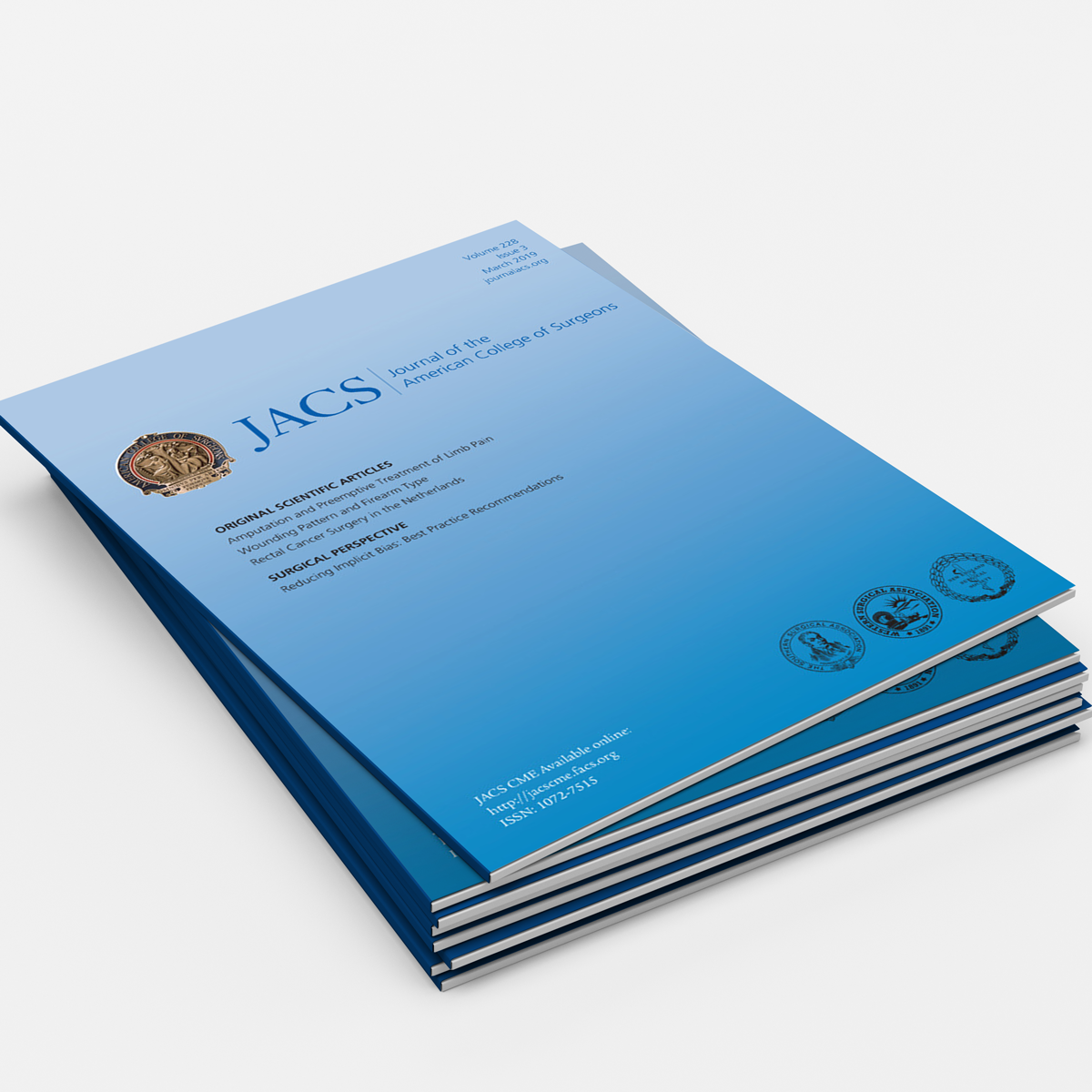It shouldn’t come as a surprise that surgeons and other healthcare professionals sometimes suffer from mental health issues. The environment in which they work exposes them to situations that can deplete and threaten their mental health, resulting in second victim syndrome, moral injury, compassion fatigue, posttraumatic stress disorder, anxiety, depression, substance use, and more. During times of distress, it is critical to ensure that healthcare institutions and systems can provide individuals who are experiencing these problems with the care they need.
A US News and World Report article, How to Help Doctors Get Mental Health Care: Change the System, identifies structural barriers that might inhibit healthcare professionals from seeking help. These barriers include concerns about information that they must share in state licensure, hospital/health system privileging and credentialing, and medical liability insurance applications. In addition, surgeons may be hesitant to seek treatment because of commercial insurance credentialing, legal discovery that might reveal use of mental health resources and that may allow this use to be used against them in a lawsuit, and mental healthcare requirements such as treatment within the employee’s healthcare system.
With the recent passage of the Dr. Lorna Breen Health Care Provider Protection Act, release of the CDC’s Mental Health Protection Plan for Healthcare Workers, and introduction of Health Workforce’s Resiliency Awards, health systems are being encouraged to implement changes that address barriers to seeking mental healthcare. Implementing evidence-based strategies across the spectrum of system levels, from the department level to state level, can create a healthy culture and environment.
Some examples of these strategies include:
- SafeHaven Legislation in Virginia: SafeHaven is a confidential resource for healthcare practitioners seeking help to address career fatigue and other mental health issues. The law protects information, including proceedings, minutes, records, reports, and communications (written and oral) originating in SafeHaven as privileged. In other words, such information or communications may not be disclosed or produced in a legal proceeding without an order from a Circuit Court judge showing “good cause arising from extraordinary circumstances.” Furthermore, physicians and physician assistants participating in the SafeHaven program will not be reported to the Virginia Board of Medicine unless they are not competent to practice or are a danger to themselves or others.
- University of California Healer Education Assessment and Referral (HEAR) Program: The HEAR program was created to offer confidential support and resources to those in need. It aims to educate medical and pharmacy students, trainees, house staff and faculty members about burnout, depression, and suicide; provide confidential, online assessment of stress, depression, and other related issues; and make personalized referrals to local mental health clinicians and other community resources.
- Healthcare Professional Well-Being Academic Consortium (PWAC): PWAC is a collaborative, self-funded cohort of academically affiliated medical centers across the US. The collective’s goal is to drive innovative advancements of healthcare professional well-being through assessment, program evaluation, and scholarship.
- ALL IN Fund: This fund provides financial resources to help healthcare organizations implement workforce well-being solutions and further scale promising practices.
Visit the ACS Surgeon Well-Being web page for more information and resources that can help you protect your mental health.








